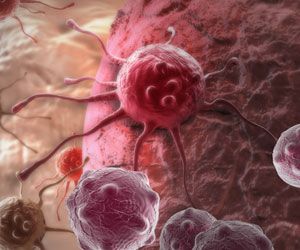The worlds of medicine and religion tread different paths yet authors of a recent study urge doctors to consider meeting the religious and spiritual needs of their patients.
The worlds of medicine and religion tread different paths due to obvious sensitive issues, yet authors of a recent study urge doctors to consider meeting the religious and spiritual needs of their patients.
This suggestion stems from a study carried out by Tracy Balboni of the Harvard Radiation Oncology Program, Harvard Medical School and colleagues of the Dana -Farber Cancer Institute.As part of an NIH-funded study –Coping With Cancer, they looked at religiousness and spiritual support in patients with advanced cancer.
This was one of the factors studied in association with well being and quality of life in patients with advanced cancer and their caregivers.
As part of the research, it was found that spiritual support did improve the quality of life among those facing death, yet such support was found to be inadequate.
In the study of 230 patients, 88 percent of them considered religion to be at least somewhat important.
Significantly, nearly half said their spiritual needs was largely or entirely ignored by organized religion.
Advertisement
'These findings provide further evidence that oncology practitioners really should include a spiritual history as part of a patient's history of social support and culture,' says Balboni.
Advertisement
The authors note that guidelines issued by the National Consensus Project for Quality Palliative Care recognize religion and spirituality as important components of end-of-life care.
'Methods for meeting patient spiritual needs should be explored, and the impact of such interventions should be assessed,' the authors write.
'In addition, the appropriate roles of various health care providers (e.g., physicians, nurses) in managing spiritual needs should be clarified. Although incorporating religion or spirituality into care requires delicacy, attention to this dimension of health has the potential to enhance patient well-being at the end of life', they opine.
Concludes Betty Ferrell, a research scientist with City of Hope Cancer Center 'This report is a strong statement of a seriously unmet need in the vast majority of patients in our care.'
'The oncologist who dares to ask about spirituality imparts a vital message to patients that they are being cared for by someone who has not forgotten that a broken patient remains a whole person, and that healing transcends survival.'
Source-Medindia
ANN










